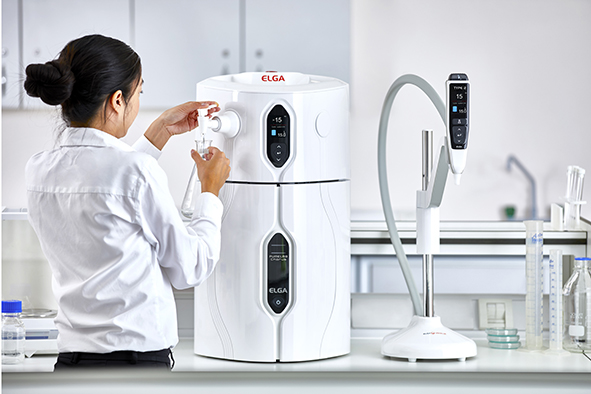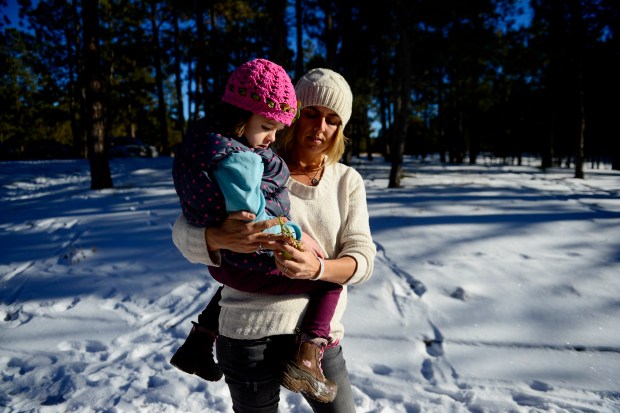
In the recent Farm Bill, the legal status of CBD products became clearer. CBD oil tinctures derived hemp are now legal under federal law. However, CBD products produced under state-legal marijuana programs remain illegal. Companies are still exploring new business opportunities following the passage of the Farm Bill.
The 2018 Farm Bill makes CBD oil tinctures legal for hemp-based CBD oils
Hemp-based CBD oil Tinctures have been legalized in the United States. However, there are some conditions that must be met before these products can be legally sold. The FDA has established guidelines for marketing CBD-based tinctures. These include using social media, brochures, informational material, websites and other forms of marketing. Since many states do not allow commercial hemp cultivation, many hemp products are imported from elsewhere. The 2018 Farm Bill, however, has made legal hemp products in America a reality.
According to the new Farm Bill, hemp is cannabis sativa L. that contains no more than 0.3% THC per weight. Cannabidiol oil is a concentrated form of CBD. It is produced by the hemp plant. This oil has become increasingly popular as a wellness product in recent years, and it is now legal in many states.

Federal law still criminalizes CBD products made in state-legal pot programs.
Although CBD products that are produced under state-legal cannabis programs have become more widely available, they remain illegal under federal law. Interstate marijuana commerce is forbidden by the federal ban. However, state laws could differ from the laws of other states. Therefore, the Farm Bill is expected that legal CBD products will be more readily available.
Companies selling illegal CBD products have been warned by the FDA. The FDA is also investigating companies that are selling them. CBD products that claim to treat, prevent or cure serious conditions are against federal law. FDA may consult with federal or state partners to decide whether to take enforcement action.
While FDA has acknowledged the potential medical benefits of marijuana, it is still illegal to sell and consume marijuana-derived products. The FDA has not approved these products, creating a public health crisis. These products could influence patients' decisions to choose approved treatments over these products.
CBD is not allowed in dietary supplements
CBD can't be added to food or as a dietary supplement. This is the FDA's current position. The FDA's current position is that CBD cannot be used as a dietary supplement or added to food. This is because the compound has undergone extensive clinical trials as a medication. This provision is referred to as IND preclusion, and prohibits the use of a substance in dietary supplements that has undergone significant clinical trials. The policy can be modified at any time.

The 2018 Farm Bill removed hemp derived CBD from Schedule I. It will therefore no longer be subjected to regulation by Drug Enforcement Agency. The Farm Bill didn't change the status or jurisdiction of any federal agencies that are responsible for CBD. The FDA will continue to regulate CBD use in food and dietary supplement products. Furthermore, the Farm Bill did not change the position of FDA regarding the use of CBD.
FAQ
What does CBD's price vary in different states?
Prices for CBD products will vary depending on where they are located. The prices of CBD products can vary more than tenfold depending on where they are located.
In general, prices increase the further north you go. For example, in Alaska, CBD costs an average of $35 per gram, while in Hawaii, it costs around $200 per gram.
This trend is evident throughout the country. Prices range from $5 up to over $2,500 for a gram.
Why is this happening to you?
Variable levels of regulation can explain why prices differ so greatly. Some states require that CBD products contain no THC (the psychoactive ingredient of marijuana). Others do not care about the level of THC.
This is why some companies decide to sell products in one country and then send them to another.
Which countries produce the highest quality CBD products?
The United States is home to the greatest number of CBD products.
But Canada, Australia, New Zealand, and Israel are also producing high-quality CBD products.
How big is global CBD market size?
Euromonitor International reported that the global CBD market was valued in 2015 at $US3.5 billion. This represents a 10% increase from 2014.
The report forecasts this figure to reach $US 6.4 billion by 2020, representing an average annual growth rate of 12%.
CBD products are expected to account for around half of all hemp-derived products sold globally by 2020.
This includes CBD oils and other CBD products like food, beverages, cosmetics and pet care items.
Which states have the highest CBD consumption?
California, Colorado, Oregon are the three most populous states. These states have large numbers, high incomes, and low rates of unemployment. They also have higher levels of hemp farming than other states.
California leads because its economy relies heavily on agriculture. It produces the majority of the nation’s fruits and veggies. This makes sense since cannabis is derived from the same plant as hemp.
Oregon and Colorado follow closely behind as both states produce medical marijuana. California is the only state that allows recreational marijuana use, but these two states are not.
Other states that are highly ranked include Washington, New York. Florida. Illinois. Pennsylvania. Mississippi.
How much CBD do you need?
The type of product that you're buying determines how do you decide to do it.
CBD oils come with a range of strengths: 100mg to 1000mg per ounce.
Some companies make CBD products with specific dosages, such as 25mg, 50mg, 75mg, and 100mg.
Charlotte's Web is an example of a company that makes CBD products with exact amounts of CBD and other cannabinoids.
Begin with a low dose if you're not sure whether CBD will work.
It is possible to always go higher.
Statistics
- While the primary injury may not be treatable, interventions that attenuate secondary sequelae are likely to be of benefit [203].Only one study (ncbi.nlm.nih.gov)
- A recent study [161] also found that in vitro CBD treatment (i.e., ≤ 2 h exposure to 10 μM) induced ~40% vasorelaxation in isolated (pre-constricted) (ncbi.nlm.nih.gov)
- A recent systematic review of human trials also reported that individuals with epilepsy receiving CBD (5–20 mg·kg−1·day−1) were more likely to experience decreased appetite than those receiving placebo (i.e., ~20 vs. 5% of patients) (ncbi.nlm.nih.gov)
- HR −16 mmHg; 95% CI −26, −6; I2 = 92%) (ncbi.nlm.nih.gov)
- As a substance that was federally illegal before the passage of the 2018 Farm Bill, hemp-derived cannabinoids with no more than 0.3% THC still face a regulatory grey area. (forbes.com)
External Links
How To
What are the major issues facing the CBD industry in general?
The market for CBD products continues to grow at an amazing rate. However, there are still many challenges facing businesses looking to enter this space. These include a lack consumer awareness, high-cost entry, limited access capital and regulatory uncertainty.
Many consumers do not know what CBD is or how it works. This means that consumers are unable make informed decisions about purchasing CBD products.
Many CBD companies depend heavily on word of mouth marketing. This is expensive because it requires paying for advertising and hiring staff to promote their brand.
Another issue facing new entrants into the CBD industry is the high cost of production. CBD products require a lot of raw materials. To make CBD oil, hemp must be grown in certain climates and soil types.
Growing enough hemp to make CBD oil takes around $1,000 per acre. Because of this, many small farmers are unable to afford to grow enough hemp for CBD oil.
A lack of capital access is another issue that new entrants will face in the CBD marketplace. Many people who want to start a business are discouraged by banks due to the stigma associated with the industry.
Finally, there is regulatory uncertainty surrounding the sale of CBD products. There are currently not clear guidelines as to how CBD products should marketing.
Some states have passed legislation restricting the sale of CBD products, but this has yet to become national policy.
Only Nevada and Maine have already legalized recreational cannabis.
Massachusetts and Michigan, however, are exploring similar options.
These changes could cause increased competition among CBD manufacturers.
These factors are why many entrepreneurs prefer to work from home than open a physical store.